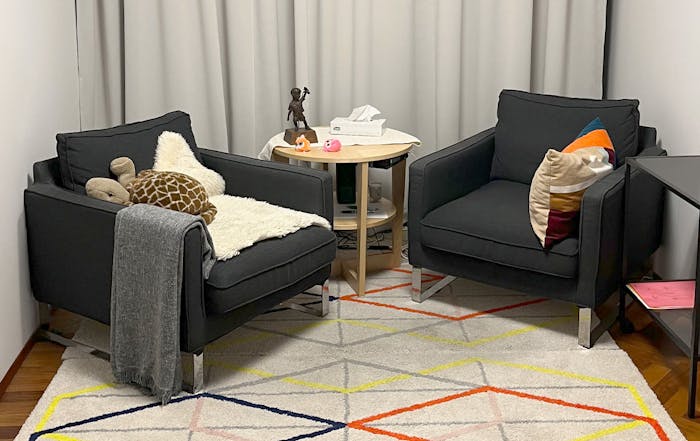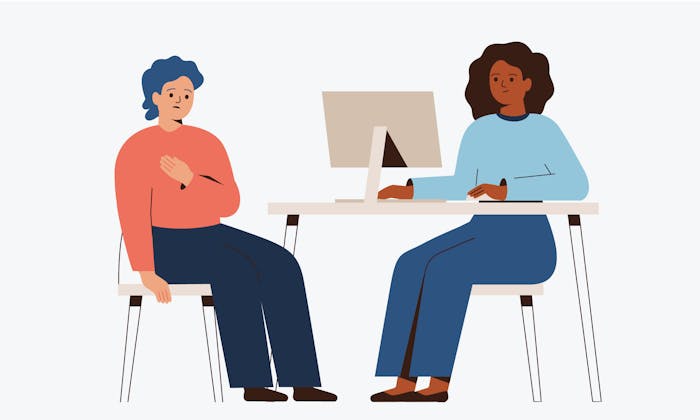Reporting to the police
The police are often called to the scene because of domestic abuse. In some cases, someone in the home has called, or someone else has told the police. When the police see that domestic abuse is taking place, they call in a special investigator.
During this process, it is important that you have an adult that you trust with you, other than the perpetrator (the abusive person). That trusted person talks with your legal rights protector and others in the justice system - the perpetrator is never spoken to about your case.
That trusted person could for example be:
- your other parent
- a legal guardian (such as a foster parent or someone else who has custody of you)
- a child protection worker
Support on site
- When a child lives in or is connected to the home, the police notify child protection services. A child protection worker then comes to support you and help the family.
- If you or anyone at home don't speak Icelandic or English, you will get an interpreter to assist. Family members are not allowed to interpret for each other.
- If anyone needs to go to hospital, the police can drive them there.
Keeping you safe
Often, the abusive person is removed from the home for a few hours or even a whole day. Child protection services can also ask the police to make the person stay away from your home for several weeks, or even stop them from coming near you and others in your home. This helps protect you from being bothered, threatened, or hurt. There are a few different ways the police can keep the person away from your home.
Written agreement
First, the police will usually make a written agreement with the person to stay away from the home. They do this when the person:
- hasn't caused harm before and is expected to follow the rules
- hasn't been given a restraining order or removed from the home before
Removal from home
The person is asked to leave the home and isn't allowed to come back for a certain amount of time. This can last for up to 4 weeks.
Restraining order
The person is banned from going to certain areas, contact you, or follow you. This can last for up to 1 year, but it's usually for a shorter time.


